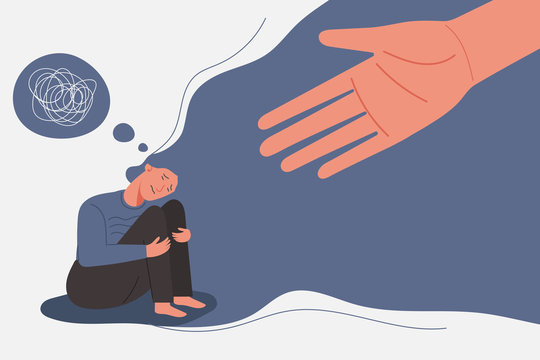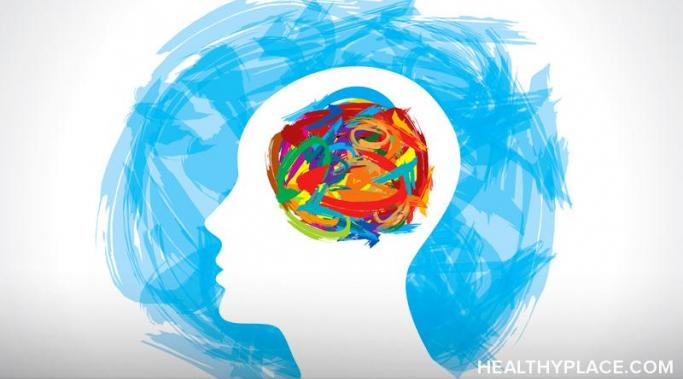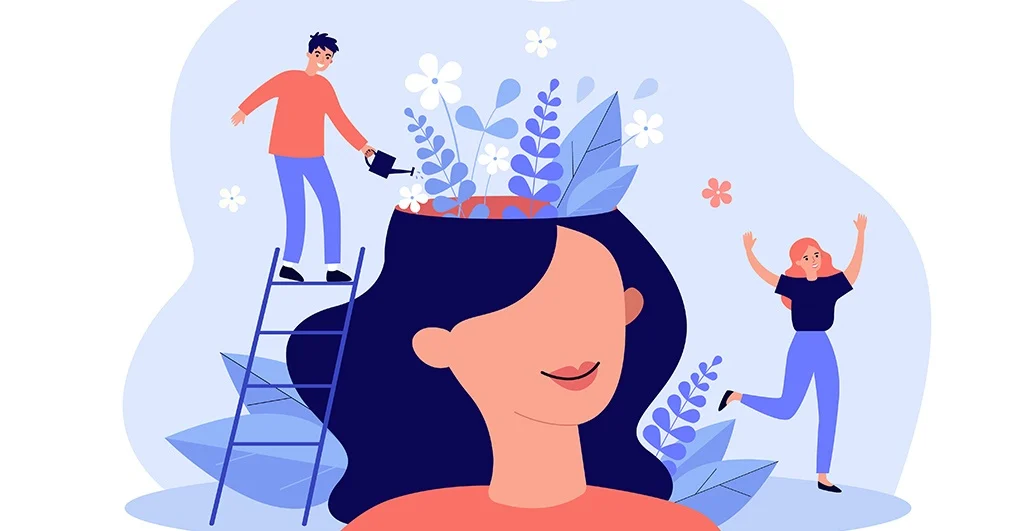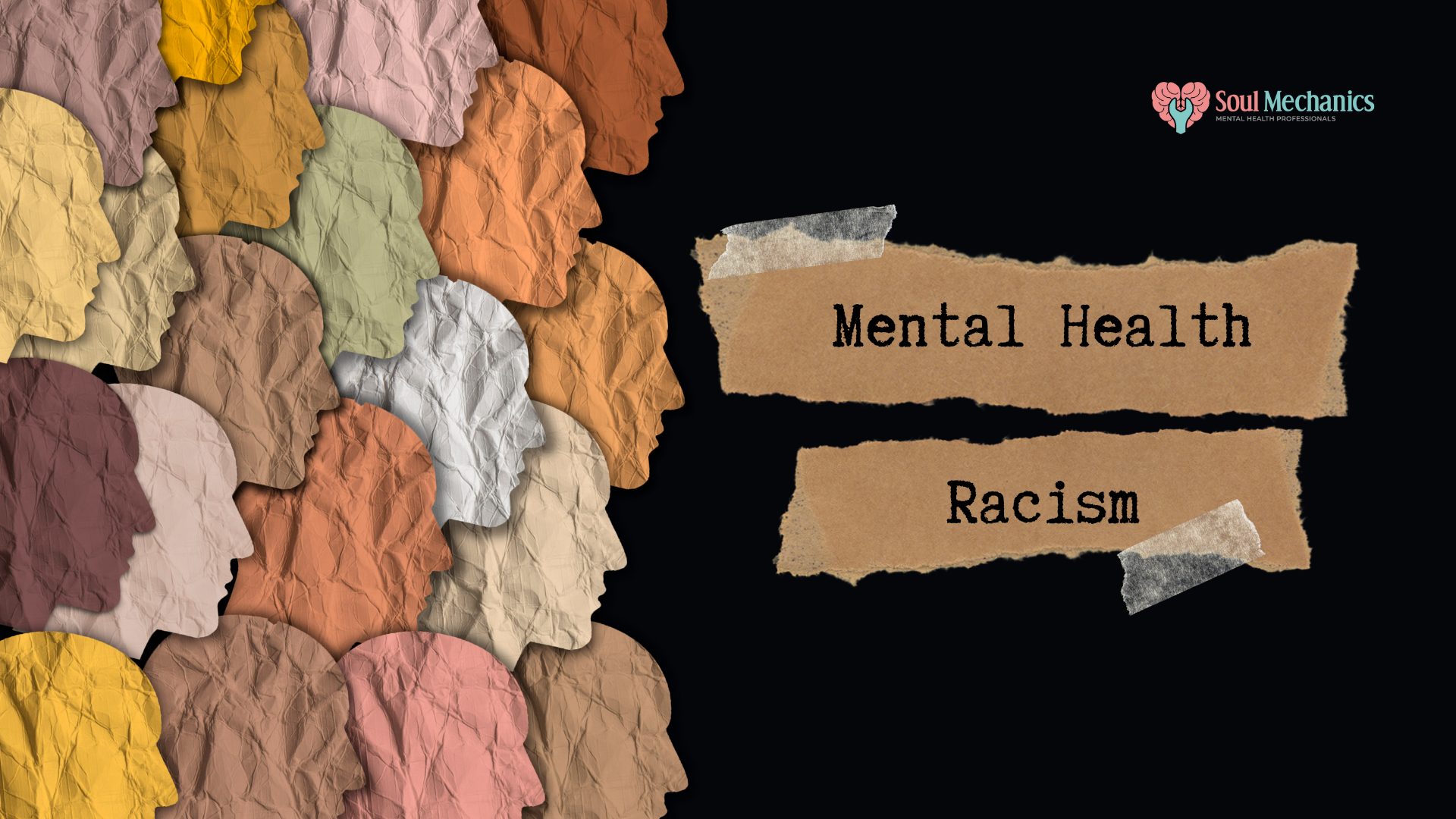Racism: Are you a Mental Health Racist?
Racism: Are you a Mental Health Racist?
Written By: Shaundtrya Ganasan, Licensed Counselor (KB11097)
“Are you a mental health racist?”
A thought-provoking question that can challenge your beliefs and attitude towards mental health and the stigmatization of mental health.
Racism; is a strong topic that is rooted from various beliefs that we tend to hold strongly, making us discriminate against others who don’t hold the same values or beliefs.
“You are fine, you are just overthinking”.
“Why do you have to get help? It’s not serious”.
“I don’t understand what issues you have to complain about mental health”.
These are some of the common phrases that we may hear when it comes to opening up about mental health concerns. These mental health racism and fear of being looked down on often hinder many of us from seeking the needed mental health assistance.
Just like racism, mental health stigmatization also emphasizes the injustice and inequality within society towards mental health concerns; creating barriers for many to freely seek mental health assistance without the fear of being looked down upon.
Mental health racism should be an essential horizon that we should be aware of and dive within to break free from the obstacles that pull us down from seeking assistance and normalizing mental health.

Reminder: If you or your loved one are struggling with mental health concerns, please don't hesitate to reach out to us at Soul Mechanics KD or Soul Mechanics Ipoh.
Remember, seeking help is not a sign of weakness but strength!
Why Do We Stigmatize Mental Health?
Mental health stigmatization often stems from various contributing factors. Below are some common causes of mental health stigmatization:
Misconceptions & Lack of Education
Many of us hold on to myths and misconceptions that are rooted from a lack of mental health education causing us to be ignorant towards mental health concerns. This ignorance can also stem from fear, discrimination, and prejudice over time, turning us against those who struggle with mental health issues.
Media Portrayal
Media also plays a huge role in reinforcing misconceptions regarding mental health that contribute towards the stigma. These unhealthy portrayals of mental health concerns often perpetuate prejudice.
Cultural & Societal Norms
Some cultural or societal communities tend to perceive mental health concerns as a sign of weakness or personal incompetency. These beliefs often shape the community’s perception of mental health.
Self-Stigma
Individuals experiencing mental health concerns may also internalize the societal stigma; leading to low self-esteem, shame, or reluctance to seek assistance. This self-stigma can be more damaging than external stigma; preventing one from getting needed assistance.
Thus, it is important to challenge these mental health stereotypes; building a society that seeks assistance without the fear of being marginalized or discriminated.
The Impact of Marginalizing Mental Health
Mental health marginalization can have huge impacts on the individual who is struggling with it. Below are some key effects of marginalizing mental health:
Individual Suffering
Mental health stigmatization exacerbates the suffering of one with mental health issues. This can make them feel excluded and often they may question the validity of their mental health experiences; making it even harder for them to seek mental health assistance.

Barriers to Assistance
Stigmatization also creates a strong barrier to accessing mental health assistance as one may feel reluctance to seek help due to the fear of judgement. This can result in a declining mental health state due to suppression of their issues.
Misdiagnosis
Marginalization prevents one from seeking help which contributes to the misdiagnosis of one’s mental health condition. This may lead us to assume our mental health state and to struggle in silence; leading to inadequate mental health interventions and assistance.
Constrained Relationships
Mental health stigma can also make one feel unsupported and misunderstood by their loved ones, leading them to feel lost and detach themselves. This can further worsen their mental health state and constrain the relationships they share with others and themselves as well.
Public Health Implications
Ignoring mental health concerns can lead to repetitive cycles of rage, violence, fear, discrimination, and so on. It would keep us in the loop of traumas, unhealthy coping, and generational patterns, without having a clear pathway to break free.
Thus, the destigmatization of mental health racism should actively be done as a joint effort by every individual in society to build a nation that empathizes with mental health challenges, just like physical illness.
Ways to Break Free from Stigma
Breaking mental health stigmas is not a one-man job but needs collaborative efforts from everyone from every walk of life. Below are some ways we can break free from mental health racism:
Mental Health Awareness
Indulging yourself on mental health awareness gives you an insight on more accurate mental health information which dispels the myths and stigmas surrounding it. Awareness campaigns in various community settings can also promote mental health understanding.

Open Conversations
Encouraging open mental health conversations in schools, media, workplaces and homes can create a space to normalize mental health. This gradually helps us to be more comfortable sharing our mental health journey without fear; cultivating empathy and understanding towards mental health struggles.
Media Representation
Portraying empathetic and accurate mental health representations in media also helps many to challenge and broaden their mental health perspectives. Media is a contagious platform, thus, through right mental health advocacy, it can break stigmas and showcase the stories of resilience and healing behind mental health struggles.
Role-Modeling
Mental health warriors bravely coming forward to share their mental health experiences can also serve as a powerful role model in breaking mental health racism; especially when well-known public figures take the initiative to step forward. This would inspire others to challenge their stigmatized beliefs and seek needed mental health assistance.
Promoting Seeking Help Behaviors
To break the stigma, it is essential to encourage everyone, especially the younger generations to seek help when needed. It is important to also ingrain within them that seeking help is a sign of strength, not weakness. Constantly sharing mental health resources and helplines on social media can empower the public to seek help as an act of effort to prioritise their mental health.
How Can Therapy Help?
Therapy can be impactful in breaking stigmas and building a mental health-inclusive society. Below are some ways therapy can be beneficial in destigmatizing mental health:
If you’re looking for a therapist in Kota Damansara or Ipoh area, you can click here for more information.
Challenging Stigmatizing Beliefs
Therapy provides a space to explore and challenge your misconceptions about the mental health issues that you experience. A trained therapist also guides you in understanding how your internalized stigma shapes your self-esteem, behaviour patterns, and the relationship you share with yourself and others. This would help you to work towards resculpting your belief system, ultimately moving towards a more compassionate way of living life.
Promotes Self-Acceptance
Therapy creates a pathway towards your journey of self-acceptance which is much needed to break free from societal-influenced shame and stigmas that surround mental health. Professional therapists would also guide you to embrace your true identity and values by gradually eliminating the fear of societal judgements.

Encourages Open Communications
In therapy, you would be provided with a safe space to uncover your mental health struggles transparently without the fear of judgment. Therapy also creates a comfortable space to engage in difficult conversations, and to process your feelings, thoughts, memories and life experiences; promoting healing and healthy emotional regulation.
Develop Healthy Coping Skills
Therapy also equips you with realistic and personalized coping strategies that are tailored to your issues to manage your mental health concerns effectively. These coping skills can help you manage your symptoms, improve your emotional state, and sculpt resilience to face self-stigmas and societal discrimination.
Therapy can be a powerful approach in challenging and breaking mental health racism, promoting self-compassion, and building empowerment deep within us to live a more fulfilling life.
Conclusion
In short, addressing the mental health racism that lingers around us is crucial in building a society that embraces mental health concerns openly. In this move, therapy also plays an essential role in providing a safe and comforting space for individuals to explore their mental health issues, challenge their stigmatizing perceptions, and foster self-acceptance.
“Together let’s stand against mental health racism!”
If you’re looking for a therapist in Kota Damansara or Ipoh area, you can click here for more information.
If you enjoyed reading this, why not broaden the horizon of knowledge by learning about "Destigmatizing Mental Health"
You can read the blog here.
For more content related to mental health do follow us on our official Instagram.

